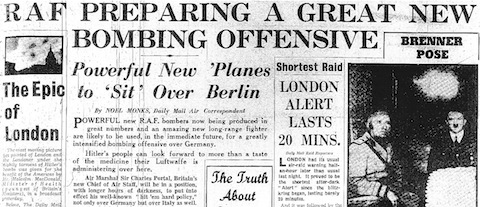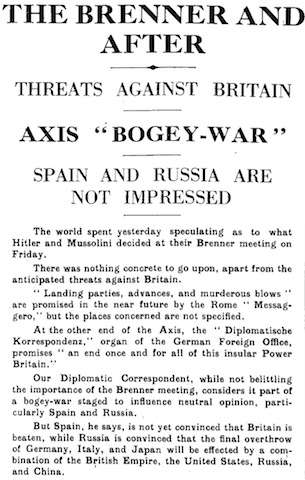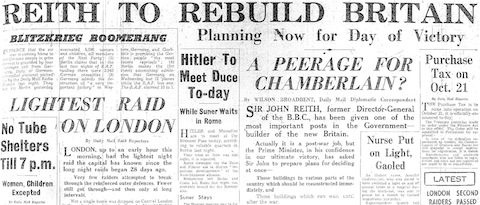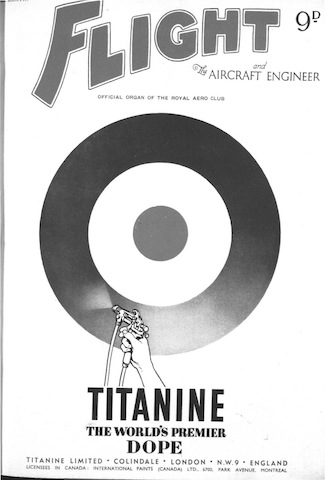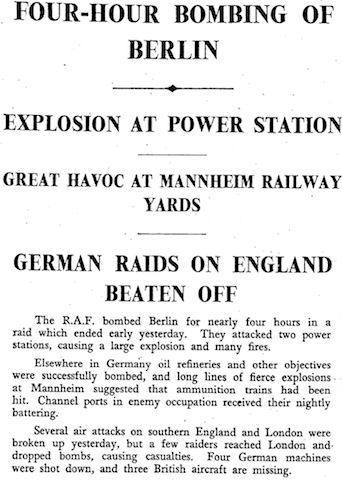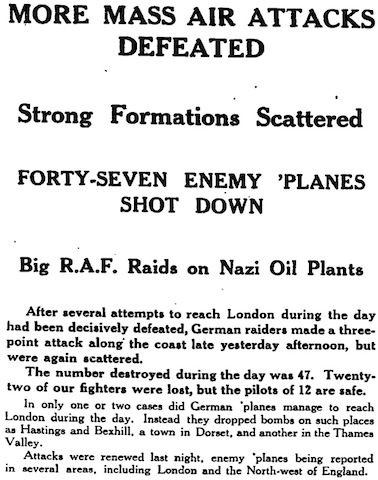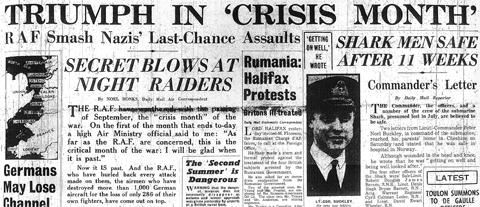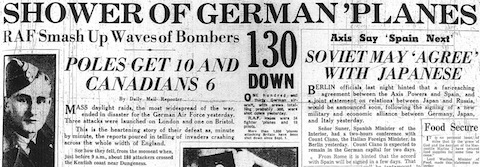Monday, 7 October 1940
‘RAF PREPARING A GREAT NEW BOMBING OFFENSIVE’, Daily Mail, page 1: POWERFUL new R.A.F. bombers now being produced in great numbers and an amazing new long-range fighter are likely to be used, in the immediate future, for a greatly intensified bombing offensive over Germany. Hitler’s people can look forward to more than a taste of […]


